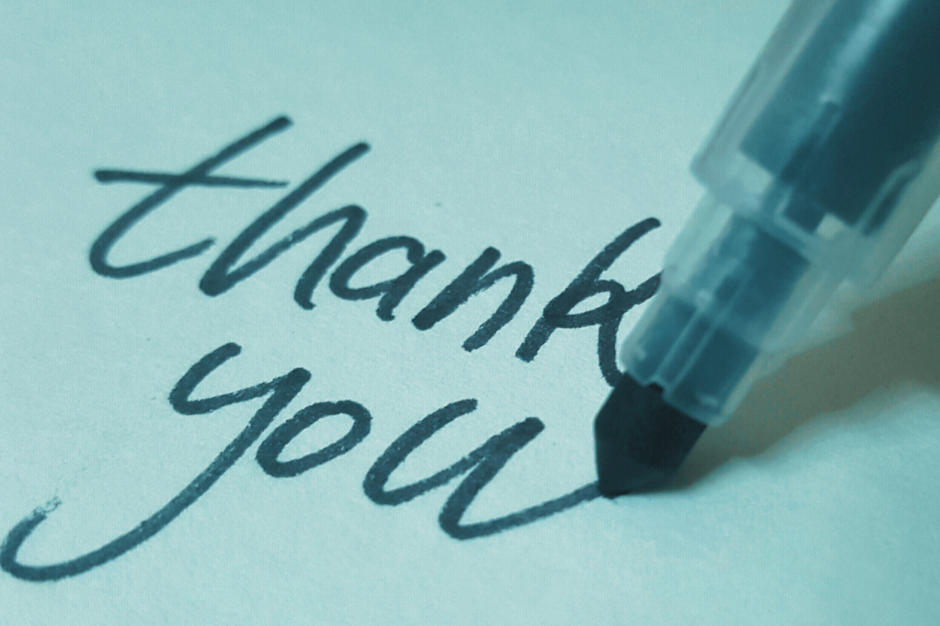10-minute Tiny Habits with Big Impact for Your Work
Your Motivation Monkey can create mountains you can’t climb. Overcome the overwhelm. Creating tiny habits could be the key to your personal brand success.
Can you change your life in 10 minutes (or less) at a time?
In his popular book, Tiny Habits, BG Fogg says:
“While small might not be sexy, it is successful and sustainable. When it comes to most life changes that people want to make, big bold moves actually don’t work as well as small stealthy ones.”
Fogg in Tiny Habits cautions against blindly following the ‘Motivation Monkey’:
“The Motivation Monkey loves to help us make big moves, then slips away from us when the going gets tough. And doing big things can be painful. We often push ourselves beyond our physical, emotional or mental capabilities. And while we might be able to keep up this effort for a while, humans don’t do things that are painful for very long.”
Sometimes your motivation creates a mountain for your personal brand, business or life that you then can’t climb:
’It’s easier to pick things up again when they are small. There is no mountain to climb, only a little hill.”
Don’t be overcome by the overwhelm. Here are the tiny habits I believe have the greatest life-changing potential. They all take ten minutes or less. So, they are easy to add to your daily routine.
Tiny Habit #1: Reading
As I shared in my previous blog on Life-Changing Habits for Personal Development, reading is a non-negotiable in my daily routine.
As primarily an avid non-fiction reader, I love the chance to learn daily. But, when I first started reading consistently, I quickly noticed its influence on my mental health too.
Due to the concentration level needed, University of Sussex's research concluded that reading reduces stress by 68%. Even outperforming the also highly effective cup of tea, walking and music. The best part - it takes only six minutes to see results. It’s a tiny addition to any daily routine with huge potential.
But, it doesn’t stop at stress reduction. Research has also compared the knowledge of TV watchers to that of readers. Readers are said to know more and have better analytical skills, improving their judgement and problem-solving skills. Books, magazines and written text also use more unique words than television. This helps improve your vocabulary and communication skills.
While it might seem counter-intuitive, reading also builds your social skills. It creates neurological pathways relating to characters. These remain after you put the book down. And improves your people skills and emotional intelligence.
Tiny Habit #2: Walking
Daily walking is another one of the non-negotiable in my daily routine. I walk at least twice daily.
We generally understand the physical value of walking. But, don’t overlook the mental value. A 2014 Stanford study showed the benefits of walking for creativity and problem-solving. Researchers found creativity increased by 60% when compared to sitting. Results for creativity were observed for walks just 5-16 minutes long. This worked for walks both indoors and outdoors. So, whether it’s a stroll around the office building or outside, even five minutes can have a significant impact.
The University of Sussex research on reading also showed walking contributed to a 42% reduction in stress. It releases endorphins such as dopamine and helps build empathy. It also moves our brain wave frequency from the beta region to the high theta range - the same frequency entered during meditation.
Tiny Habit #3: Gratitude Journal
By now, you’ve likely heard about the idea of keeping a gratitude journal. It was widely popularised by Shawn Achor in The Happiness Advantage, He advocated for writing down three things that you’re grateful for as part of your daily routine.
Achor proposed that success doesn’t cause happiness. Instead, happiness causes success. And it positively impacts your business outcomes, such as productivity. It rewires your brain for optimism.
This is aligned with scientists’ ‘Tetris Effect’. This is the idea that when you devote time and attention to something, you start to see that thing everywhere. When it comes to ideas for my weekly blog, YouTube and Podcast channel, I would have to agree. I see ideas for it in most everyday situations.
Your brain develops new neural pathways to constantly look for patterns. By practising gratitude in your daily routine, you learn to constantly scan your environment for the positive. It will only take a minute to regularly wire your personal brand for positivity, so it’s another addition to a daily routine that’s achievable by almost anyone.
Tiny Habit #4: Defer Tiny Tasks
This recommended tiny habit is actually about what not to do.
Most productivity experts will tell you if something is going to take you a couple of minutes or less to do, then do it straight away. David Allen popularised this idea in his book Getting Things Done. He also suggested anything over two minutes should be delegated or deferred until later.
I regularly practise this two-minute rule in my own life. But, only in the right context. Usually, that’s outside of work hours. If it’s only going to take me a couple of minutes to put something away, respond to a personal text or pay a bill, after hours, I’ll do it straight away. But, I protect my working hours (and other important habits in my daily routine) much more closely. I defer the things that will seemingly “only take a minute”.
Research from the University of California found it takes on average approximately 23 minutes for most workers to get back to a task after an interruption. Every time a seemingly two-minute email, phone or text pops up, ask yourself if it can wait. Instead of letting tiny tasks distract you during important tasks, defer them for later. And consider batching them to another less valuable time of day.
As David Allen says:
“The big secret to efficient creative and productive thinking and actions is to put the right things in your focus at the right time.”
Tiny Habit #5: The 10-minute Rule
Maybe you’re trying to start a new project, create consistent online content, read regularly, exercise or even pick a new hobby. Make it tiny first. Read just one page. Write just one paragraph. Start drafting your post. Walk for ten minutes. It will likely leave you wanting more.
Then, see how you feel after that. Chances are you won’t even have to ask yourself. You may have already entered ‘flow state’. This is where you become completely immersed in an activity. Research has shown it takes between just 10-15 minutes to enter what scientists would call a ‘flow state’. And it can last from between 30 minutes to a couple of hours.
If you decide to stop after five minutes, there are benefits to this too.
As shared in the book On Writing by Larry W. Phillips, Ernst Hemmingway would famously promote stopping writing while he was doing well.
Hemingway’s secret to maintaining momentum is to stop while you know what’s coming next. So you know what tomorrow’s writing can entail. Working on it subconsciously in the meantime, instead of facing the dreaded blank page.
So, take a fine tooth comb to your daily routine. Remember, when it comes to life-changing impact, the triumphs can lie in your tiny habits:
“Habits may be the smallest units of transformation, but they’re also the most fundamental.”





